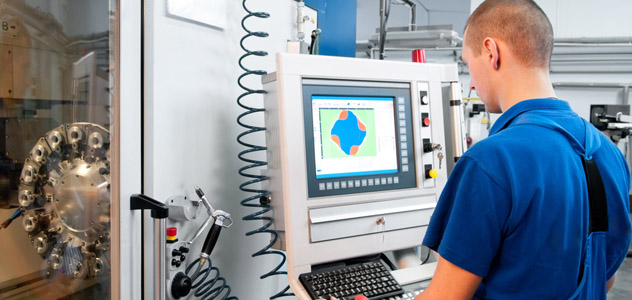Studying Controls Technology at Weber State
Weber State’s controls technology program allows students who are completing or have completed the industrial automation technician certification from local applied technology college programs to earn their associate’s degree.
Controls Technology Highlights
Along with your Weber State coursework, you can choose an industrial automation maintenance technician certification program from one of the following colleges:
- Bridgerland Applied Technology College
- Davis Applied Technology College
- Ogden-Weber Applied Technical College
If you’ve already completed your IAMT certification from an approved college, you can easily transfer to Weber State with 25 credit hours toward your Associate of Applied Science.
Beyond the Classroom
As a controls technology student, you can join a variety of student organizations, including the Society for the Advancement of Material and Process Engineering (SAMPE), Society of Manufacturing Engineers (SME) and Institute of Electrical and Electronics Engineers (IEEE) to interact with students who have similar interests.

